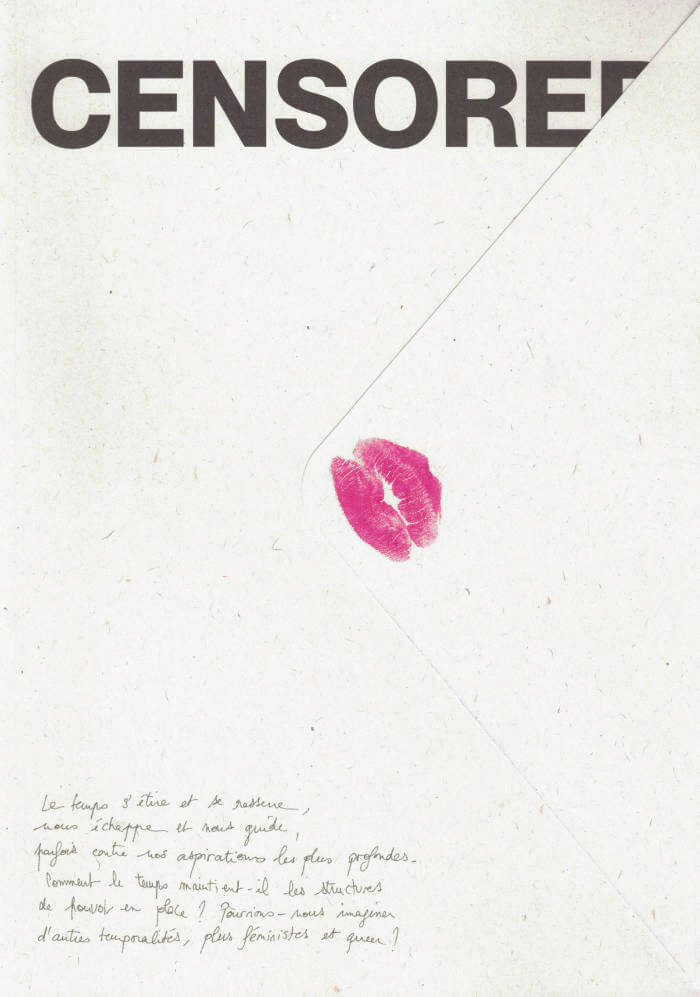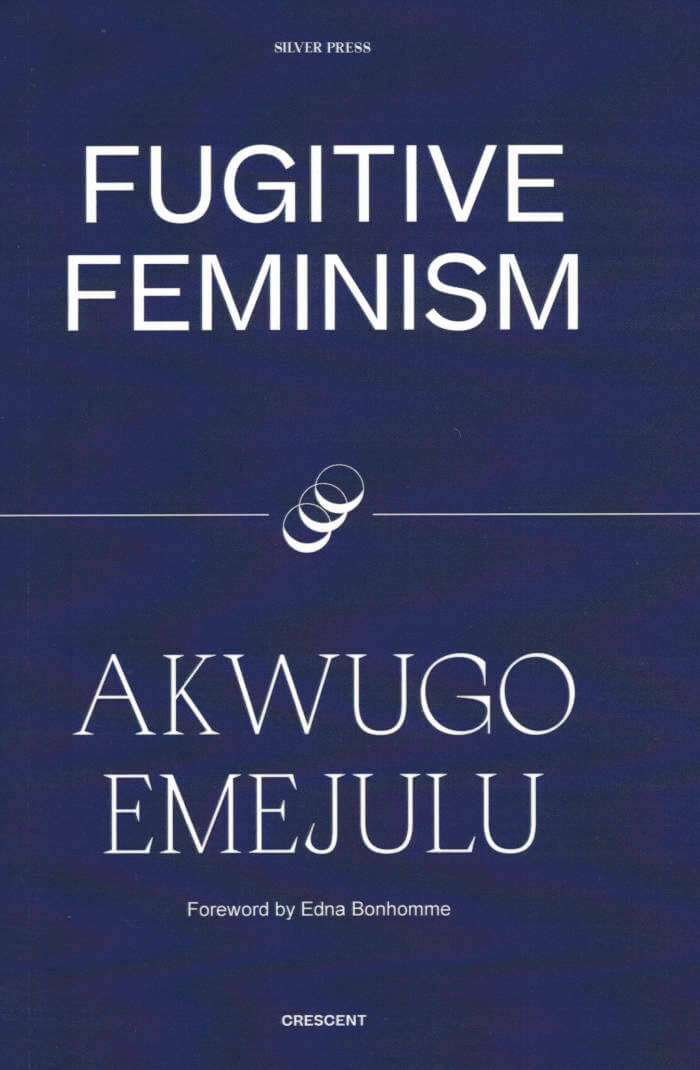Angela Davis
Angela Davis

Are Prisons Obsolete?
With her characteristic brilliance, grace and radical audacity, Angela Y. Davis has put the case for the latest abolition movement in American life: the abolition of the prison. As she quite correctly notes, American life is replete with abolition movements, and when they were engaged in these struggles, their chances of success seemed almost unthinkable. For generations of Americans, the abolition of slavery was sheerest illusion. Similarly, the entrenched system of racial segregation seemed to last forever, and generations lived in the midst of the practice, with few predicting its passage from custom. The brutal, exploitative (dare one say lucrative?) convict-lease system that succeeded formal slavery reaped millions to southern jurisdictions (and untold miseries for tens of thousands of men, and women). Few predicted its passing from the American penal landscape. Davis expertly argues how social movements transformed these social, political and cultural institutions, and made such practices untenable.
In Are Prisons Obsolete?, Professor Davis seeks to illustrate that the time for the prison is approaching an end. She argues forthrightly for "decarceration", and argues for the transformation of the society as a whole.
Published 2003.
And more

On Dangerous Ground
Vaginal Davis offers insights into her collaborative practice of making music in art-punk bands in Los Angles and Berlin.
The artist Vaginal Davis certainly moves on dangerous ground with her transgressive shuffling of gender and genre boundaries. The self-described "sexual repulsive" co-founded several art/punk bands in her expansive 40-year-plus career, namely Afro Sisters, ¡Cholita!, Pedro, Muriel & Esther (PME), black fag and Tenderloin. As a writer and "Whoracle et Delphi", Ms. Davis turns her quirky hairy eyeball to the collective practice of making music in the saucy underground scenes of Los Angeles and Berlin. In their contributions, longtime comrades and collaborators Bibbe Hansen (artist and Warhol Silver Factory habitué) and Felix Knoke (guest performer for The Hidden Cameras and band member of Tenderloin) rave about joint performances and rehearsals, divulging sacred secrets and rifts. Bruce "Judy" LaBruce, Glen Meadmore and Lisa "Suckdog" Carver make surprise guest appearances, along with images from live performance spectacles The White to Be Angry, Trust Fund, Interracial Dating Game, We're Taking Over, Afro De Sade and Camp/Anti-Camp: A Queer Guide to Everyday Life.
Edited by Jenny Schlenzka and Julia Grosse.
Texts and works by Vaginal Davis, Bibbe Hansen, Felix Knoke.
Published on the occasion of Vaginal Davis's exhibition at Gropius Bau, Berlin, in 2025.
Vaginal Davis is a Berlin-based American intersexed artist, queer icon of art and music. Vaginal Davis herself is a living work of art: a performer, writer and creator of iconic zines; a visual artist, experimental filmmaker; a self-proclaimed Blacktress and drag terrorist, a gossip columnist, influential socialite, educator and countercultural renegade. Since the late 1970s, her oeuvre has pushed the boundaries of art, music and performance. Inspired by the militancy of the Black Panthers’ pursuit of social justice in the United States, she named herself after feminist and Black Power activist Angela Davis.

CENSORED 09 - It's About Time!
"Vous rappelez-vous de la dernière fois où vous vous êtes ennuyé·e ? Comment le temps maintient-il les structures du pouvoir en place ? Pourquoi la génération “working girl” ne fait-elle plus rêver ? Pourrions-nous imaginer d’autres temporalités, plus féministes et queer ? Dans son numéro “IT’S ABOUT TIME!” sous forme d’enveloppe géante, la revue Censored examine le concept du temps d’un point de vue féministe. Elle explore la manière dont le rythme de la vie est régi par des exigences sociales normées en abordant notre relation au travail, à la maternité, à la lutte et à la notion de liberté."
À travers des dialogues entre différentes époques, il explore des thèmes tels que la performance, les amitiés créatives et le repos et le divertissement. L’édition inclut des archives, dont un entretien entre Angela Davis et Toni Morrison, des lettres de plusieurs auteurices et poét-esses contemporain·es, des analyses, séries de photos ainsi que cinq cartes blanches à des artistes.

Fugitive Feminism
Humanity has always excluded Others on the basis of race and gender. What happens to people who choose to flee, following in the footsteps of those who resisted enslavement?
This audacious manifesto draws on the legacies of bell hooks, Audre Lorde, Angela Davis and others to consider the ways in which Black women have been excluded from, struggled to achieve and opted to reject the category of ‘human’. Sociologist Akwugo Emejulu argues that it is only through embracing the status of the ‘fugitive’ that Black women can determine their own liberation. Fugitive Feminism is a call for the collective process of speculative dialogue and a bold new model for action.

Pasts, Futures, and Aftermaths: Revisiting the Black Dada Reader
The sequel to Pendleton's acclaimed Black Dada Reader, compiling an anti-canon of radical experimentation and thought.
In 2011, artist Adam Pendleton (born 1984) assembled Black Dada Reader, a compendium of texts, documents and positions that elucidated a practice and ethos of Black Dada. Resembling a school course reader, the book was a spiral-bound series of photocopies and collages, originally intended only for personal reference, and eventually distributed informally to friends and colleagues. The contents - an unlikely mix of Hugo Ball, W.E.B. Du Bois, Adrian Piper, Gertrude Stein, Sun Ra, Stokely Carmichael, Gilles Deleuze -formed a kind of experimental canon, realized through what Pendleton calls radical juxtaposition. In 2017, Koenig Books published the Reader in a hardcover edition, with newly commissioned essays and additional writings by the artist. A decade later, Pendleton has composed another reader, building upon the constellation of writers, artists, filmmakers, philosophers and critics that emerged in the first volume.
Source texts by Sara Ahmed, Mikhail Bakhtin, Toni Cade Bambara, Amiri Baraka, Augusto de Campos, Hardoldo de Campos, and Décio Pignatari, Angela Davis, Gilles Deleuze, Julius Eastman, Adrienne Edwards, Clarice Lispector, Achille Mbembe, Philippe-Alain Michaud, Charles Mingus, Piet Mondrian, Leslie Scalapino, Leonard Schwartz and Michael Hardt, Juliana Spahr, Cecil Taylor and Malcolm X.

If They Come in the Morning...
One of America's most historic political trials is undoubtedly that of Angela Davis. Opening with a letter from James Baldwin to Davis, and including contributions from numerous radicals such as Black Panthers George Jackson, Huey P. Newton, Bobby Seale and Erica Huggins, this book is not only an account of Davis's incarceration and the struggles surrounding it, but also perhaps the most comprehensive and thorough analysis of the prison system of the United State.
Since the book was written, the carceral system in the US has seen unprecedented growth, with more of America's black population behind bars than ever before. The scathing analysis of the role of prison and the policing of black populations offered by Davis and her comrades in this astonishing volume remains as pertinent today as the day it was first published.
Featuring contributions from George Jackson, Bettina Aptheker, Bobby Seale, James Baldwin, Ruchell Magee, Julian Bond, Huey P. Newton, Erika Huggins, Fleeta Drumgo, John Clutchette, and others.

1 Million Roses for Angela Davis / 1 Million Rosen für Angela Davis
"1 Million Roses for Angela Davis" traces Davis' immense influence and legacy as activist and scholar on contemporary artists today, while simultaneously teasing out the contradictions her presence and agenda posed to the GDR's interpretation and application of Marxism.
"A Million Roses for Angela Davis" was the motto of a 1970–72 solidarity campaign in East Germany in support of US philosopher, Communist, and Black Power revolutionary Angela Davis, who at the time was being held on terrorism charges in California.
The large-scale movement firmly anchored the "heroine of the other America" within the cultural memory of a now-vanished social utopia, which after her acquittal welcomed her as a state guest. For her part, Davis had hoped for an internationalist movement promoting a socialist, feminist, and non-racist democracy—the antithesis of her experiences of violence and oppression as a Black woman in the United States. This moment of hope provides the historical starting point for the exhibition at the Albertinum in Dresden. The group show features archival materials, historical portraits of Davis by state painters of the GDR, new commissions, and other works by an array of contemporary artists focusing on the issues that the now emeritus professor campaigned for at the time, which are still pressing today. It aspires to initiate discussion on the background, flaws, and unfulfilled potential of the unusual relationship between Davis and the GDR.
The contributions in this accompanying reader unfold how Davis's iconic image came to be inscribed within a global history of resistance, and introduce all of the participating artists with short texts.
"And if we believe that revolutions are possible, then we have to be able to imagine different modes of being, different ways of existing in society, different social relations. In this sense art is crucial. Art is at the forefront of social change. Art often allows us to grasp what we cannot yet understand." —Angela Davis
Works by Yael Bartana, Jean-Michel Basquiat, Sophie Calle, Contemporary And, Sadie Barnette, CHTO DELAT?, Melvin Edwards, Ângela Ferreira, Bernhard Franke, Coco Fusco, Ellen Gallagher, Claudia Martínez Garay, Lawrence Abu Hamdan, Arthur Jafa, Steffani Jemison & Justin Hicks (Mikrokosmos), Iris Kensmil, Hassan Khan, Kapwani Kiwanga, Raja Lubinetzki & Petra Schramm, Julie Mehretu, Heinz-Detlef Moosdorf, Senga Nengudi, Ahmet Öğüt, Slavs and Tatars, Julia Phillips, Alex Martinis Roe, Elske Rosenfeld, Anri Sala, Willi Sitte, Cauleen Smith, Nancy Spero, Gabriele Stötzer, Strawalde (Jürgen Böttcher), Nasan Tur, Lewis Watts, Carrie Mae Weems, Christoph Wetzel, Charles White, Heinz Wodzicka.
Published on the occasion of the eponymous exhibition at Staatliche Kunstsammlungen Dresden, from October 10, 2020 to January 24, 2021.

Movement Research Performance Journal
Issue #54 - Spatial Practice
Movement Research announces Issue 54 of its publication, the Movement Research Performance Journal. Continuing to experiment with approaches that engage contemporary choreography and performance through the medium of print—poem, prose, image, interview and a wide range of formats give form to critical and self-reflexive discourses and material histories. Movement Research Performance Journal acts as a site of convergence between publication, editors, writers, designers, and artists to consider the place of dance, performance, and choreography in relation to the contemporary moment.
For MRPJ54: Spatial Practice, guest editor, artist Alan Ruiz invited contributors to examine the ongoing legacy of neoliberalism and the cultural production it engenders, specifically focusing on the relation between bodies and the built environment. Contributors have explored the contexts and histories in which we dwell, create, and coexist to interrogate how space is produced both as material and ideology during the hyper-development and hyper-exploitation of the urban environment, predominantly in New York City. Spatial Practice asks: how does this impact the bodies that labor and move to keep the kinetic machine of “progress” moving? Contributions offer multiple perspectives—through a variety of genres—on the ways in which the political project of neoliberalism has, in part, shaped the designation and use of public space as well as enthroned the philanthropic class and the cultural institutions associated with them. Alongside the consolidation of wealth and power, neoliberalism’s underlying insistence on individualism has also reinforced and normalized the braided conditions of capitalist exploitation, structural racism, and patriarchal domination. Unraveling this logic allows us to collectively imagine alternatives to the prevailing systems of property, dispossession, ableism, and incarceration that parcelize existence.
Contributions from:
Critical Resistance, Alan Ruiz, Lluís Alexandre, Casanovas Blanco, Julie Tolentino and Sadia Shirazi, Kaegan Sparks, Martha Rosler, Suzanne Stephens, Joshua Lubin-Levy, Lo-Yi Chan and Tim Hartung, Olive McKeon, Alice Sheppard, Biba Bell, Erik Thurmond, BRANDT : HAFERD, V. Mitch McEwen and Olivier Tarpaga, Sarah Oppenheimer, Jimmy Robert and Mario Gooden, Dominic Cullinan, Angela Davis J. Bouey and Melanie Greene, Lisa Nelson, Diana Crum, Kristopher, K.Q. Pourzal, Jess Barbagallo, John Hoobyar and Simon Asencio, Layla Zami, Cristiane Bouger, Daria Faïn and Marjana Krajač, Germaine Acogny, Helmut Vogt and André Zachery, Milka Djordevich and Tim Reid, Melanie Maar.